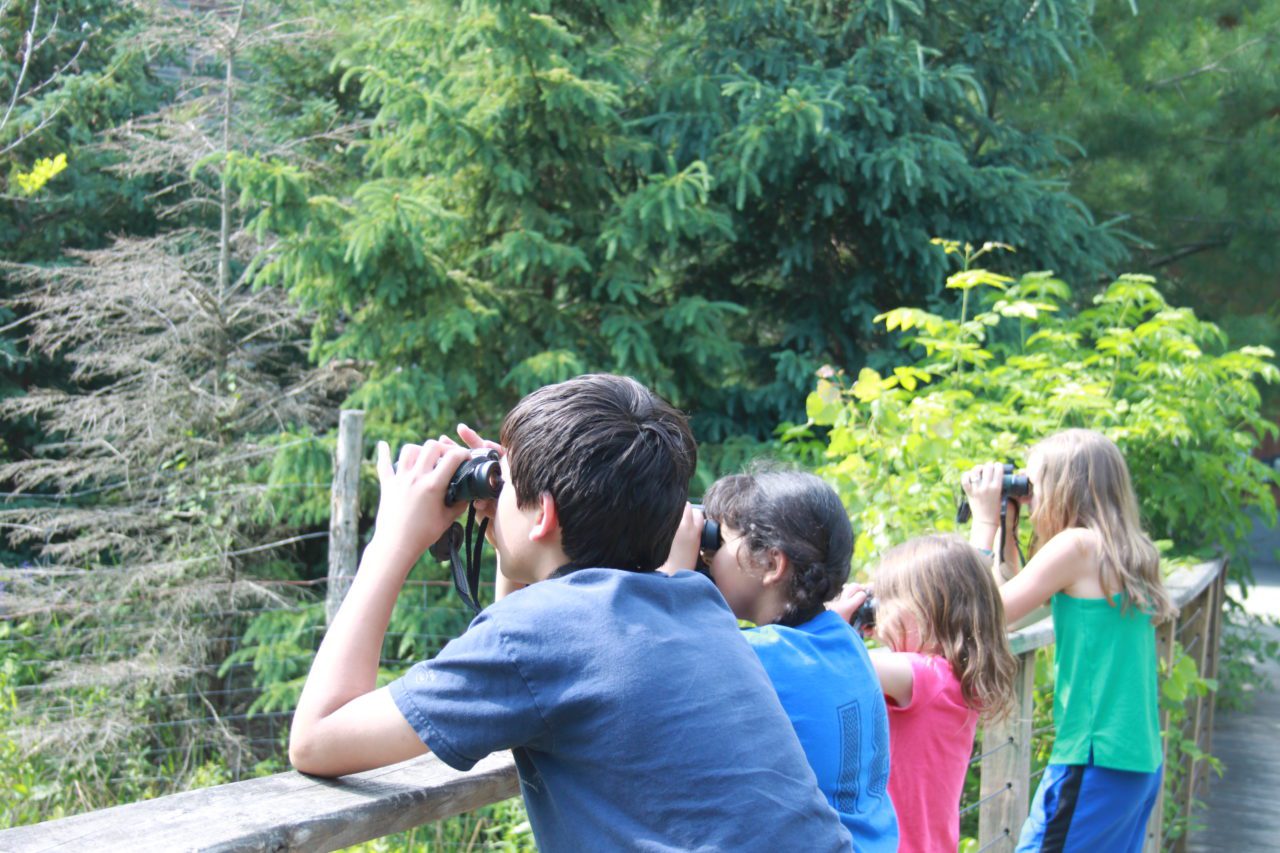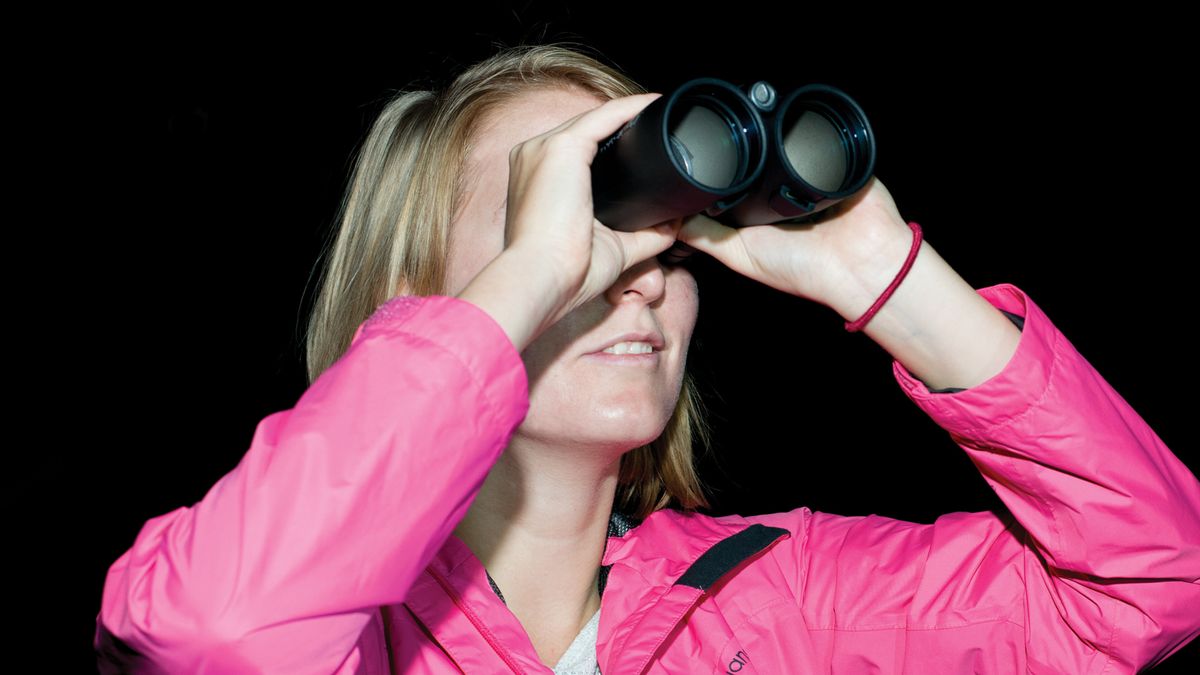Best Astronomy Binoculars: The Unmissable Technology for Photographers?
For professional photographers, the quest for the 'best astronomy binoculars' is an exciting journey that opens up a new universe of possibilities. Not only do these tools enhance the way we view the night sky, but they also enable us to capture stunning images that showcase the wonders of the cosmos. If you are serious about astrophotography, having the right binoculars can truly be a game changer.
In this extensive guide, we will unravel the features, benefits, and various aspects of the best astronomy binoculars currently available. From understanding the specifications to giving practical tips for using them effectively, this article aims to provide a life-changing perspective for all serious professional photographers.

Understanding the Significance of Binoculars in Astrophotography
When it comes to astrophotography, the role of quality optics cannot be understated. Binoculars serve as a vital stepping stone in bridging the gap between the naked eye and more advanced telescopes. They maximize your observational experience, allowing you to see celestial bodies with greater clarity. By utilizing binoculars, photographers can also improve their framing and composition for capturing exceptional celestial images.
In this world of technology, both speed and precision are paramount. Binoculars are designed with various specifications tailored to the needs of photographers. From aperture size to magnification capacity, understanding these specifications will help you make an informed choice.
Key Features to Look for in the Best Astronomy Binoculars
Selecting the right binoculars involves considering several crucial features:
- Magnification: Higher magnification allows for detailed views of distant celestial objects.
- Aperture Size: A larger aperture gathers more light, which is essential for low-light conditions in astrophotography.
- Field of View (FOV): A wide FOV makes tracking moving celestial objects easier.
- Prism Type: Roof prisms are compact, while porro prisms gather more light.
- Weight and Portability: Lightweight binoculars are particularly helpful during field photography.
Top Picks for Best Astronomy Binoculars
Lets delve into the specific models that stand out in todays market:
1. Nikon Action EX 10x50
The Nikon Action EX 10x50 features a durable design and showcases excellent image quality. Thanks to its wide field of view, this pair of binoculars is perfect for observing constellations and star clusters.
2. Celestron SkyMaster 15x70
If you're looking for something with a remarkable aperture for astronomy, the Celestron SkyMaster 15x70 is a solid choice. Its powerful magnification and large objective lenses allow you to view fainter objects in the night sky.
3. Vortex Optics Diamondback 10x50
The Vortex Optics Diamondback 10x50 is renowned for its rugged design and exceptional light transmission, making it an excellent option for astrophotographers who venture into the wild for shooting.
4. Orion 20x80 Astronomy Binoculars
If sheer power is what you're after, the Orion 20x80 binoculars won't disappoint. These are specially designed for astronomy, making them great for observing planets and deep-sky objects.
Using Binoculars for Astrophotography
Once you've selected the best binoculars for your needs, the next step is using them effectively. Here are a few tips:
- Stabilization: A tripod adapter can significantly enhance stability, allowing for clear observations and photography.
- Proper Alignment: Ensure that your binoculars are aligned correctly for optimum usage.
- Lighting: Create low-light conditions for better visibility of celestial objects.
Photographic Techniques with Binoculars
Combining binoculars with your photography equipment opens up limited opportunities. Here's how:
- Using Smartphone Adapters: You can attach your smartphone to binoculars for on-the-go astrophotography.
- Long Exposure Techniques: Utilizing long exposure settings can create striking images of celestial phenomena.
- Filters: Using colored filters can enhance the details in your photographs.
Additional Resources
For further reading and to delve deeper into practical aspects of photography, you may want to check these links:
FAQs About Astronomy Binoculars
1. What magnification is best for astronomy binoculars?
A magnification of at least 10x is generally recommended for astronomy. However, higher magnifications like 15x to 20x can also be beneficial, depending on your use case.
2. Are expensive binoculars worth the investment for astrophotography?
Yes, higher-quality binoculars provide better optics, durability, and features that enhance your astrophotographic experience.
3. Can I use regular binoculars for astrophotography?
While regular binoculars can be used, specialized astronomy binoculars with larger apertures and higher magnification will yield better results.

Conclusion
Investing in the best astronomy binoculars can dramatically improve your astrophotography projects. By understanding what features matter most, you will be on your way to capturing the cosmos with breathtaking clarity and precision. So, gear up and let the universe come alive through your lens!

